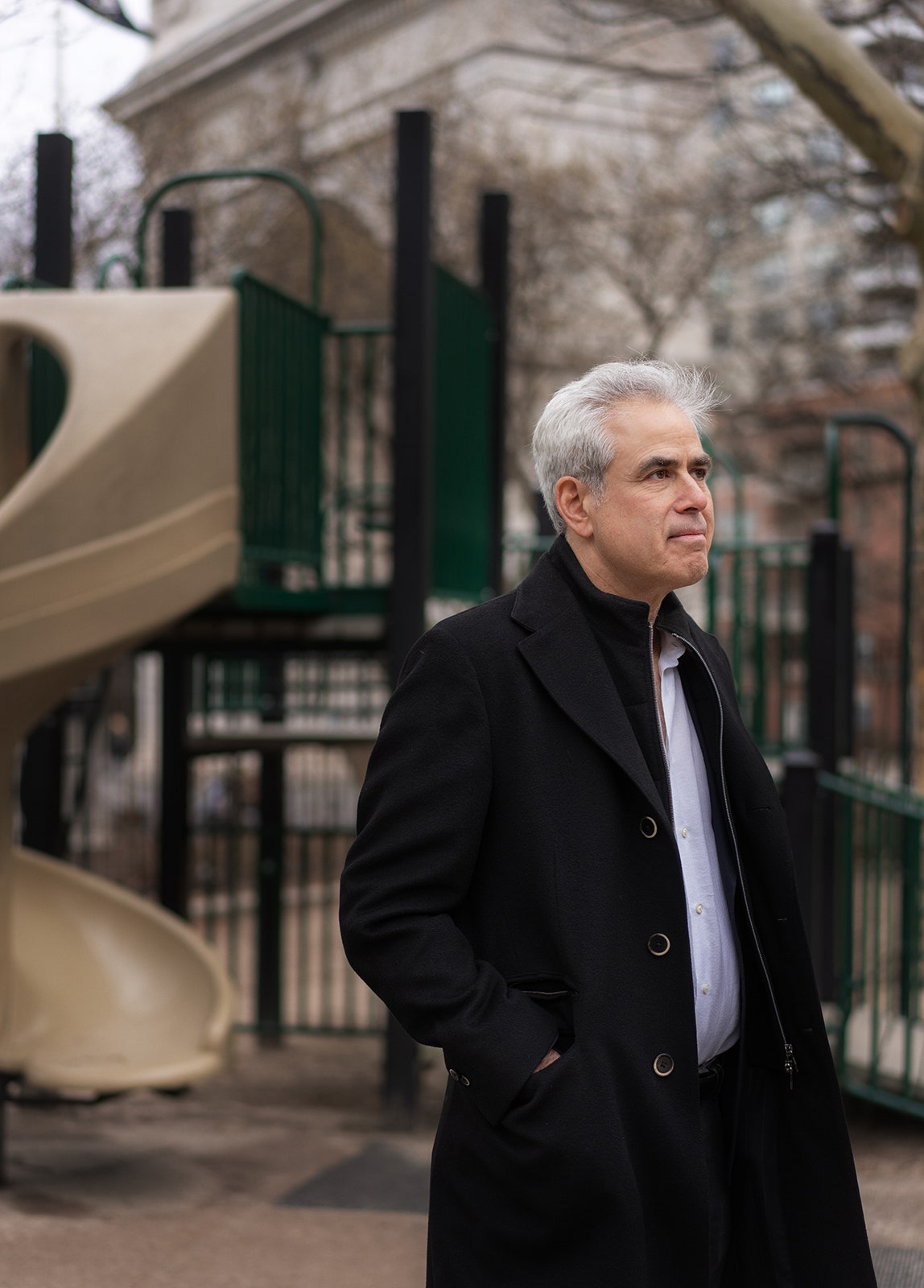After extending the deadline from June 30, the Screen Actors Guild-American Federation of Television and Radio Artists (SAG-AFTRA) has announced a vote on a strike order, having still not reached a new contract deal with the Alliance of Motion Picture and Television Producers (AMPTP).
"After more than four weeks of negotiations, the AMPTP — the entity that represents major studios and streamers, including Amazon, Apple, Disney, NBCUniversal, Netflix, Paramount, Sony, and Warner Bros Discovery — remains unwilling to offer a fair deal on the key issues that you told us are important to you," SAG-AFTRA president Fran Drescher and National Executive Director & Chief Negotiator Duncan Crabtree-Ireland said in a joint statement. "Because of this, we've called for a meeting with our National Board this morning to vote on a strike order.
"From the time negotiations began on June 7, the members of our Negotiating Committee and our staff team have spent many long days, weekends and holidays working to achieve a deal that protects you, the working actors and performers on whom this industry relies. As you know, over the past decade, your compensation has been severely eroded by the rise of the streaming ecosystem. Furthermore, artificial intelligence poses an existential threat to creative professions, and all actors and performers deserve contract language that protects them from having their identity and talent exploited without consent and pay. Despite our team’s dedication to advocating on your behalf, the AMPTP has refused to acknowledge that enormous shifts in the industry and economy have had a detrimental impact on those who perform labor for the studios.
"Though we’ve engaged in negotiations in good faith and remained eager to reach a deal that sufficiently addressed performer concerns, the AMPTP’s responses to our proposals have not been adequate.
"We will update you immediately after the National Board’s vote and information will be provided on how the strike impacts your ability to work. Details on picket times and locations will be provided as well. Please check your inbox.
"Our 90-year history is a testament to what can be achieved through our conviction and unity. For the future of our profession, we stand together."
The AMPTP issued the following statement to Deadline: “We are deeply disappointed that SAG-AFTRA has decided to walk away from negotiations. This is the Union’s choice, not ours. In doing so, it has dismissed our offer of historic pay and residual increases, substantially higher caps on pension and health contributions, audition protections, shortened series option periods, a groundbreaking AI proposal that protects actors’ digital likenesses, and more. Rather than continuing to negotiate, SAG-AFTRA has put us on a course that will deepen the financial hardship for thousands who depend on the industry for their livelihoods.”
Depending on how long the work stoppage lasts, the strike could have a huge impact on Hollywood, especially since SAG-AFTRA joins the Writers Guild of America (WGA) on the picket lines. The WGA has now been striking for 73 days since calling for one on May 2, bringing writing duties on film and TV to a halt.
While some productions were impacted immediately when the WGA went on strike, others could still continue with filming if their scripts were already complete. But actors not heading to sets will pretty much grind all U.S. film and TV production to a halt.
In the short term, this will also likely heavily impact San Diego Comic-Con, an event that usually has actors speaking with fans and press about their upcoming projects. That convention is taking place July 20-July 23.
With both guilds in a united front, they now hold significantly more leverage – even as Hollywood studios have reportedly planned to wait out the strike until at least late October. But the last time Hollywood’s actors and writers went on strike at the same time – all the way back in 1960 – they were able to push for a much stronger residual system.
There were reportedly several last-ditch efforts by Hollywood studios to stop the strike from happening – or at least delay it. Variety reported that several major CEOs and executives, including Warner Bros. Discovery’s David Zaslav and Netflix’s Ted Sarandos, held a call to discuss bringing in federal mediation.
SAG-AFTRA, not unlike WGA, is looking for various updates to its contract with the AMPTP that address emerging technologies and the ways in which the entertainment industry has changed over the years. Among the issues SAG-AFTRA has spoken out about are improvements to residuals amid the streaming era, stronger contributions to the union’s pension and health fund, and protections against artificial intelligence-based technology stealing actors’ likenesses.
The Directors Guild of America, meanwhile, ratified a new contract with the AMPTP in June.
Thumbnail credit: Mario Tama/Getty Images
Alex Stedman is a Senior News Editor with IGN, overseeing entertainment reporting. When she's not writing or editing, you can find her reading fantasy novels or playing Dungeons & Dragons.




